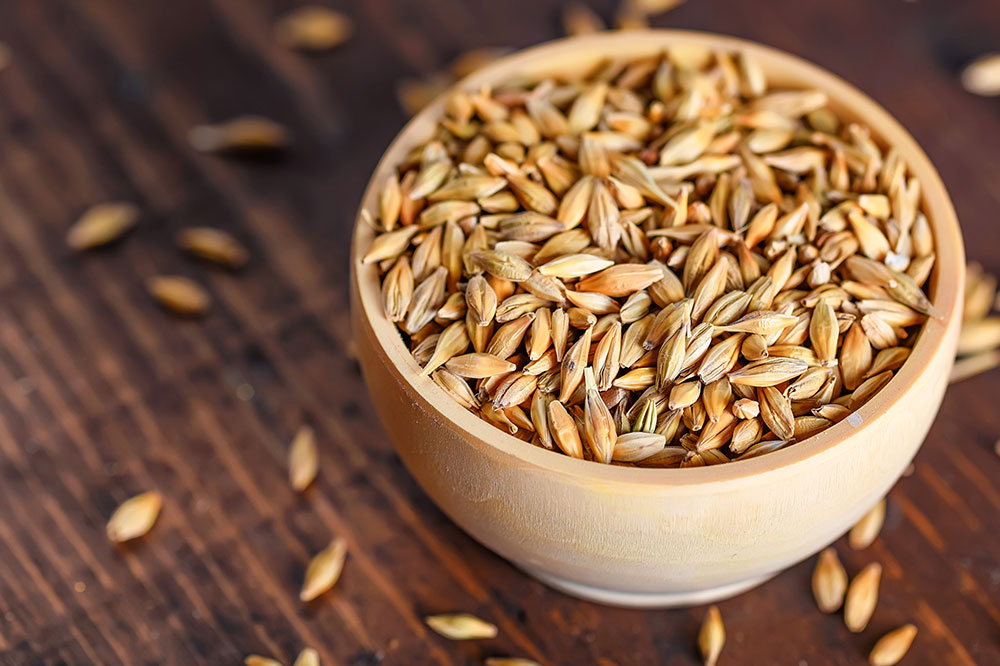
3 Nutrients That Help Lower Cholesterol
Cholesterol is a kind of fat in the body, which is naturally produced by the body. It is also present in some foods. Our body needs a certain degree of cholesterol for it to work well. People with high cholesterol levels in the blood experience a condition called hyperlipidemia. It accelerates the development of atherosclerosis, which means that there is plaque build-up in the artery walls and they’ve become narrower.
Consequently, blood flow in the arteries becomes difficult. This puts you at risk of heart stroke or an attack. But what are some important nutrients for lowering cholesterol? Let us find out.
1. Dietary fiber
Eating whole grains can lower your risk of developing heart diseases. Barley and oats are great picks as they have a high beta-glucan content. Beta-glucan is a kind of soluble fiber, which helps reduce the bad LDL levels in the blood.
Furthermore, to cater to your body’s fiber needs, you can add a bunch of fruits and vegetables to your diet. They can guard you against heart stroke, heart disease, and some kinds of cancer. Several fruits and vegetables also have a high degree of soluble fiber, which lowers the cholesterol absorption level, and lowers LDL cholesterol in the blood.
Eggplant, too, is a rich source of dietary fiber. Generally speaking, fiber improves your blood cholesterol levels and lowers your risk of developing stroke, obesity, heart disease, and type 2 diabetes. Hence, dietary fiber is indeed an important nutrient for lowering cholesterol.
2. Monosaturated fats
Avocados are nutrient-dense fruits. They have high fiber and monosaturated fat. Like fiber, even monosaturated fat helps reduce the bad LDL and raises good HDL cholesterol. It is one of the must-include nutrients for lowering cholesterol. A study involving obese and overweight adults with high LDL levels who consumed only an avocado every day showcased reduced LDL levels over time than those who did not consume it.
In addition to avocado, one must also eat other heart-healthy poly-unsaturated and mono-unsaturated fats to better the good HDL levels in the blood. These include foods such as vegetable oils, olives, seeds, nuts, and spreads.
3. Vitamins, minerals, and antioxidants
Spices and herbs are packed with vitamins, minerals, and antioxidants. Studies suggest that turmeric, garlic, and ginger effectively reduce cholesterol levels when consumed regularly. In fact, taking only a piece of a clove every day for three months is adequate to lowering cholesterol levels by nine percent. Beyond lowering cholesterol, spices and herbs also have antioxidants, which can prevent LDL cholesterol from oxidization and reducing plaque formation in the arteries.
Certain fruits also have bioactive compounds, which can prevent chronic and other heart diseases because of their anti-inflammatory and antioxidant properties. You can add berries and grapes to your diet as they help improve good HDL and lower bad LDL in the body.



